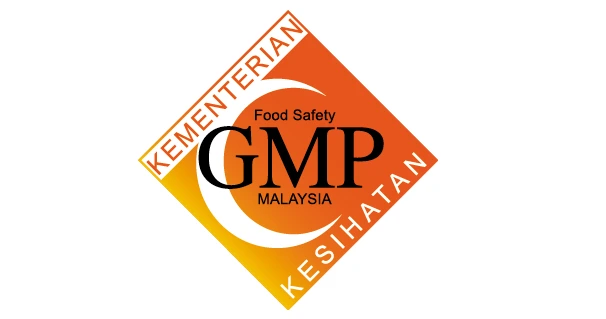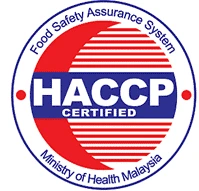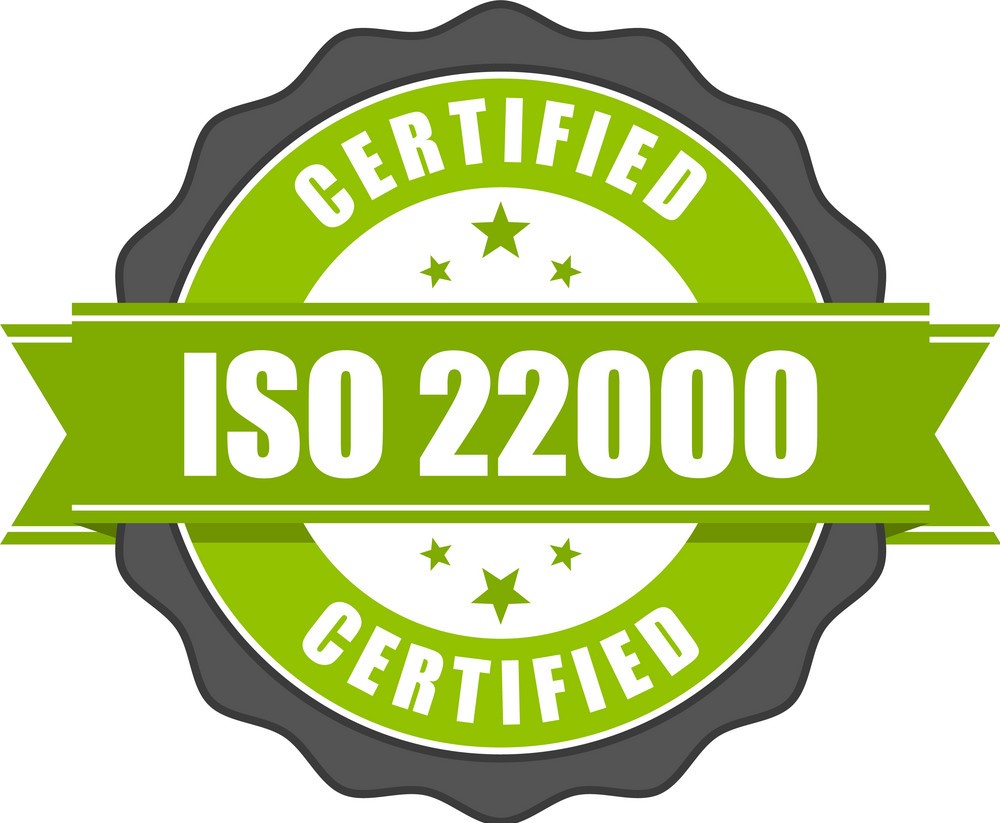- About
- Courses
-
- Advisory
-
-
💡 Build the Basics
- Hygiene Layout
- Home-Based
- BeSS
- MeSTI
- Halal IHCS
-
💡 Export Ready
- Food GMP
- HACCP
- VHM
- Halal Assurance System (HAS)
-
💡 Go Global
- ISO 22000
- FSSC 22000
-
💡 Others
- NPRA GMP & GDP
-
-
- Blog
- Contact Us

















